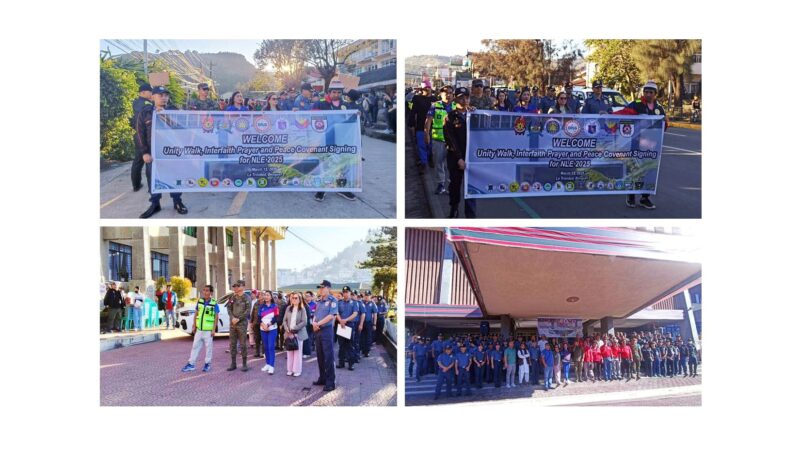Building a Sustainable Energy Future: International Centre for Hydropower, SN Aboitiz Power host course on Energy Security and Energy Transition

The International Centre for Hydropower (ICH), together with renewable energy provider SN Aboitiz Power (SNAP) Group recently concluded a specialized learning course on “Energy Security and Energy Transition”, held from October 22 to 25 in Baguio City, Philippines.
The course aimed to equip participants with the knowledge and skills to promote sustainable, inclusive access to energy in order to benefit communities and foster energy democracy.
The training brought together nineteen participants from Nepal, Cambodia, and the Philippines, with Philippine attendees coming from various government and regional agencies, SNAP, and AboitizPower, reflecting a collaborative commitment to advancing sustainable energy practices in the region.
Over the four-day program, participants engaged in sessions that provided fresh insights and practical tools for implementing sustainable energy solutions. The course examined energy transition within a comprehensive sustainability framework, addressing diverse perspectives and sectors such as technology, public policy, citizen participation, and social justice, including the role of indigenous peoples in the energy transition. This holistic approach aimed to create a base of shared experiences and innovative solutions adaptable to each participant’s unique context.
“The people here know best of the challenge of meeting the global rise of energy demand, ensuring energy security, and mitigating climate change. This training is our collective commitment to navigating these challenges; a chance to put together the most brilliant minds and come up with feasible, data-driven, sustainable solutions,” SNAP President and CEO Joseph Yu said in his opening remarks. “SNAP remains committed to responsible hydropower development, even as we explore and develop other RE technologies. The goal is to continuously minimize our environmental footprint in the process of contributing to the Philippines’ renewable energy generation and a cleaner energy future.”
Topics covered during the sessions included energy security from global and regional perspectives, de-risking the energy transition, sustainable financing, ESG integration, and women’s roles in energy transition. By creating a venue for open discussion, the training sought to inspire forward-thinking approaches and foster partnerships that support regional energy goals.
The course concluded with participants presenting strategies to implement these solutions within their respective organizations and communities.
The training course was organized by the ICH in collaboration with strategic partners Norad, International Finance Corporation, Hanaloop, Sustainability Frameworks, and SNAP. (PR)
About SNAP Group:
SN Aboitiz Power (SNAP) is a joint venture of Scatec and Aboitiz Power Corporation (AP).
Scatec is a leading renewable energy solutions provider, accelerating access to reliable and affordable clean energy in emerging markets. As a long-term player, they develop, build, own and operate renewable energy plants, with 4.6 GW in operation and under construction across four continents today. They are committed to growing their renewable energy capacity, delivered by their 800 passionate employees and partners who are driven by a common vision of ‘Improving our Future’.
Scatec is headquartered in Oslo, Norway and listed on the Oslo Stock Exchange under the ticker symbol ‘SCATC’. AP is the holding company of the Philippines-based Aboitiz Group’s investments in power generation, distribution, and retail electricity services. It advances business and communities by providing reliable and ample power supply at a reasonable and competitive price, and with the least adverse effects on the environment and host communities.
SNAP owns and operates the 112.5-MW Ambuklao and 140-MW Binga hydroelectric power plants in Benguet; the Magat hydroelectric power plant which has a nameplate capacity of 360 MW and maximum capacity of 388 MW on the border of Isabela and Ifugao; the 8.5-MW Maris hydro; and the 24-MW Magat battery energy storage facility in Isabela. The non-power components such as dams, reservoirs, and spillways are owned, managed, and operated by the government.







